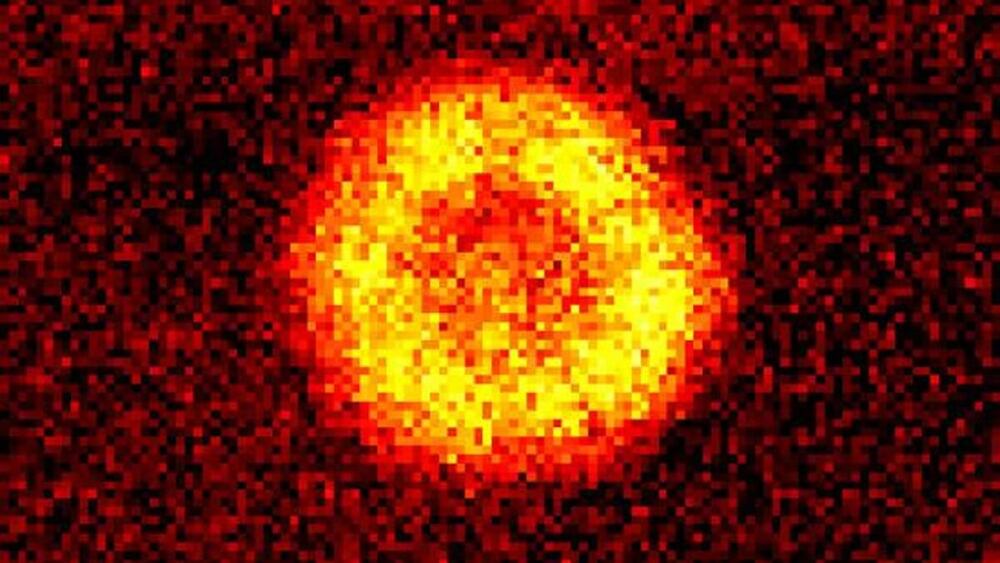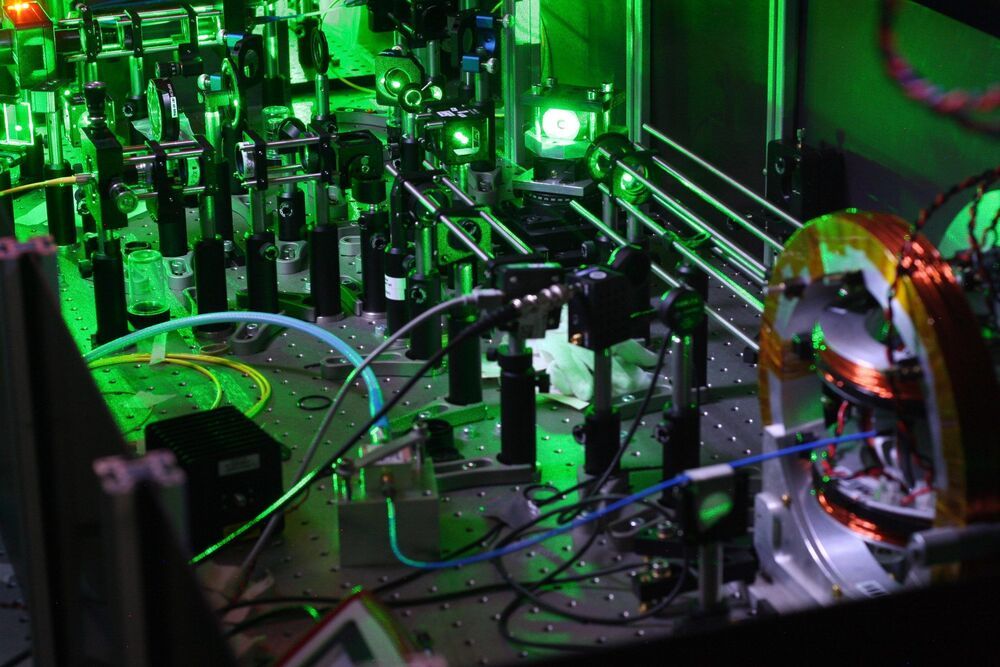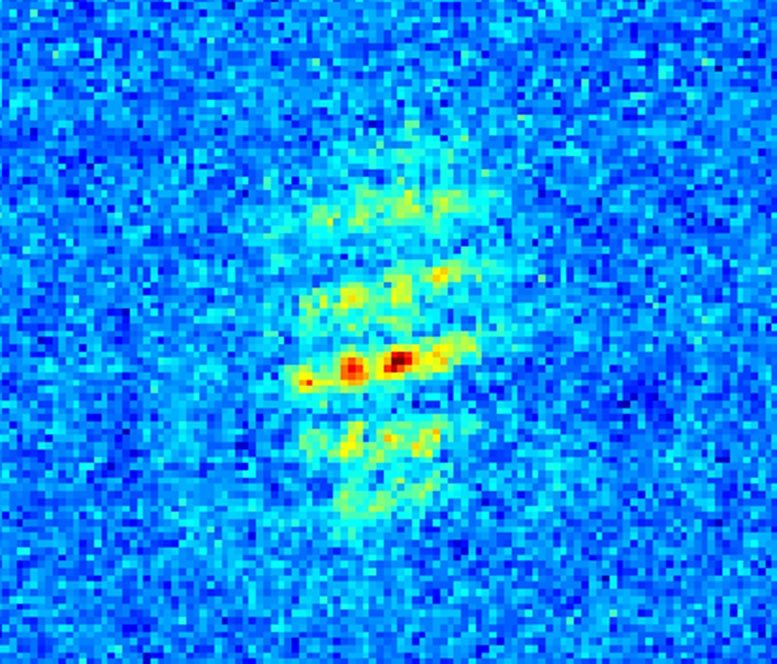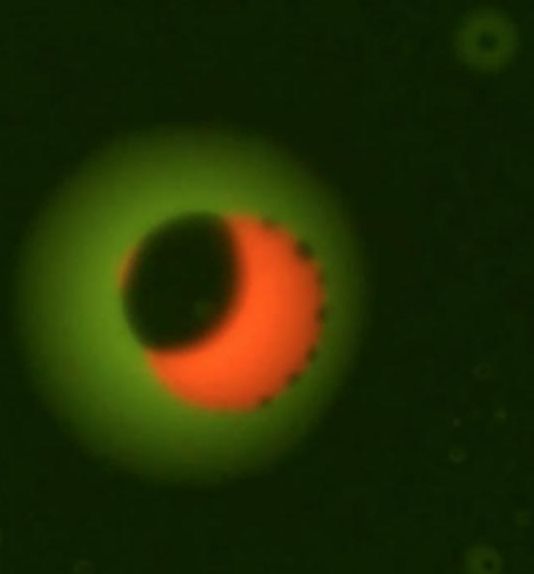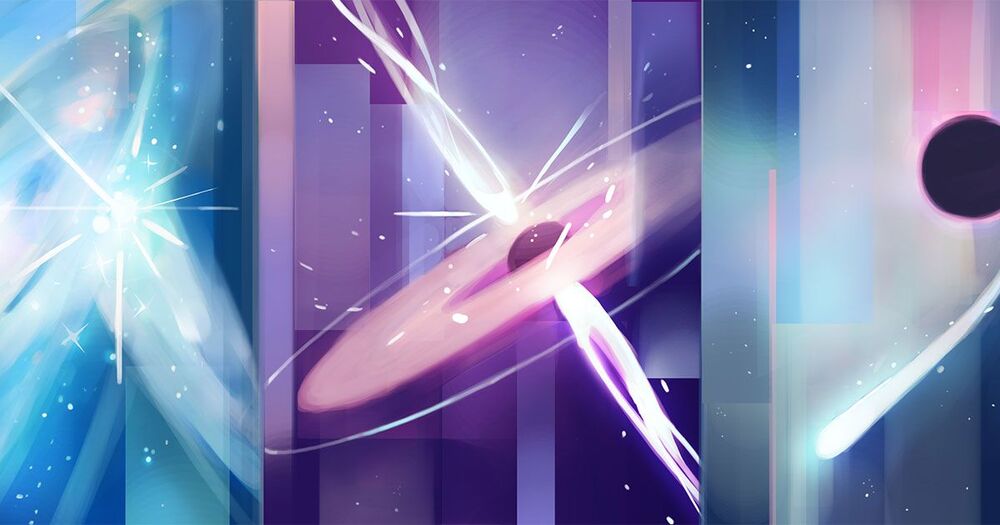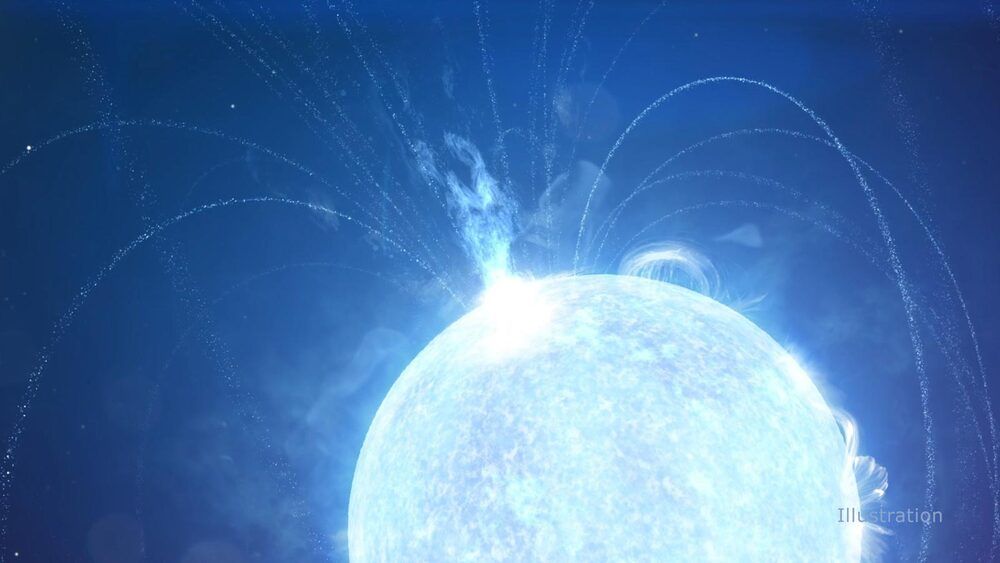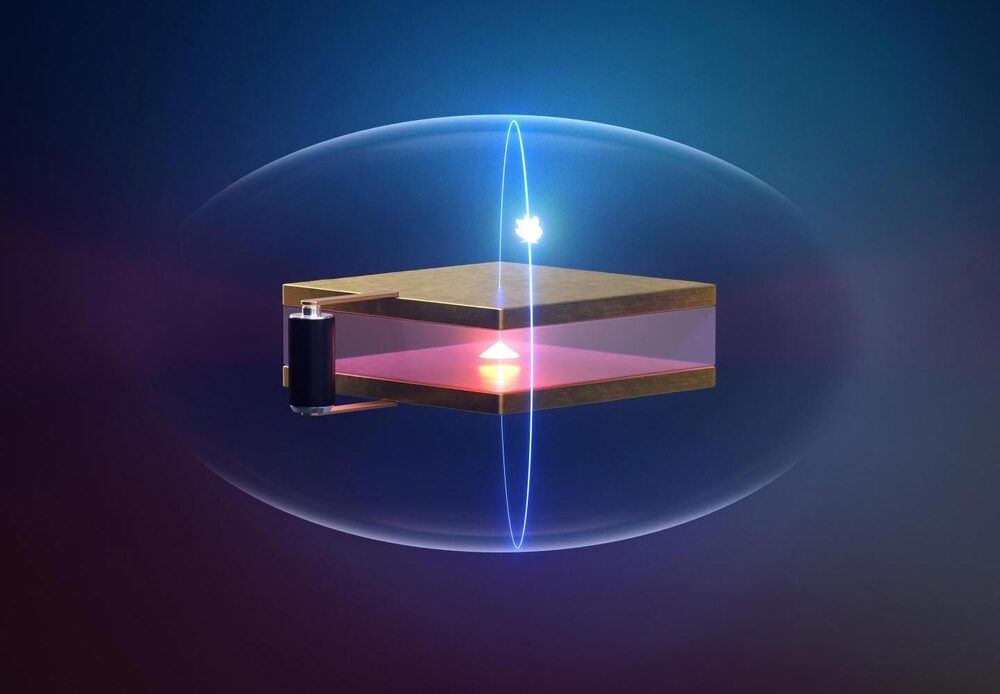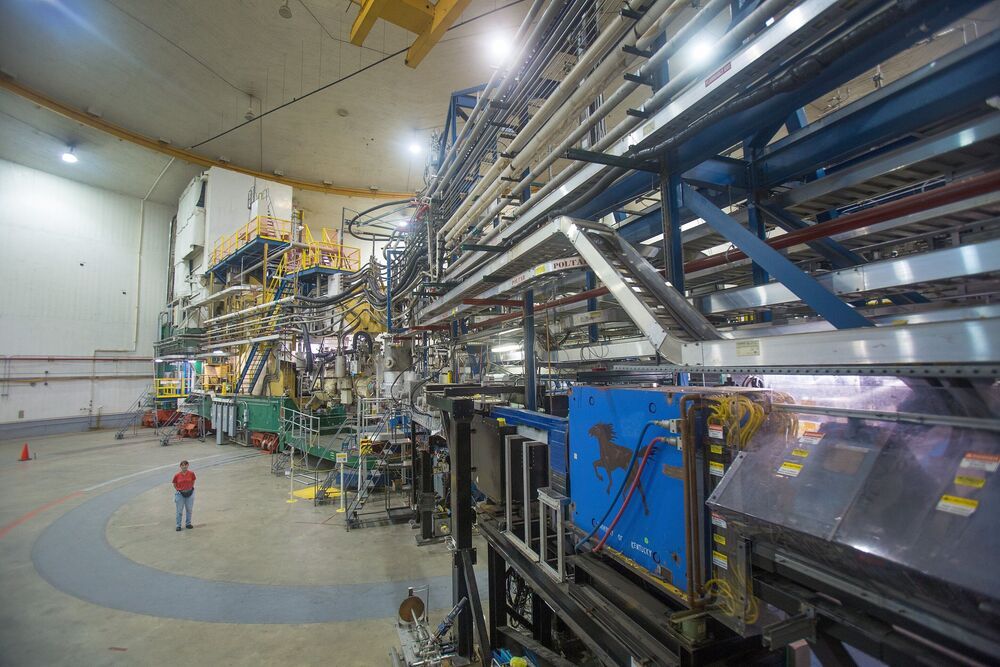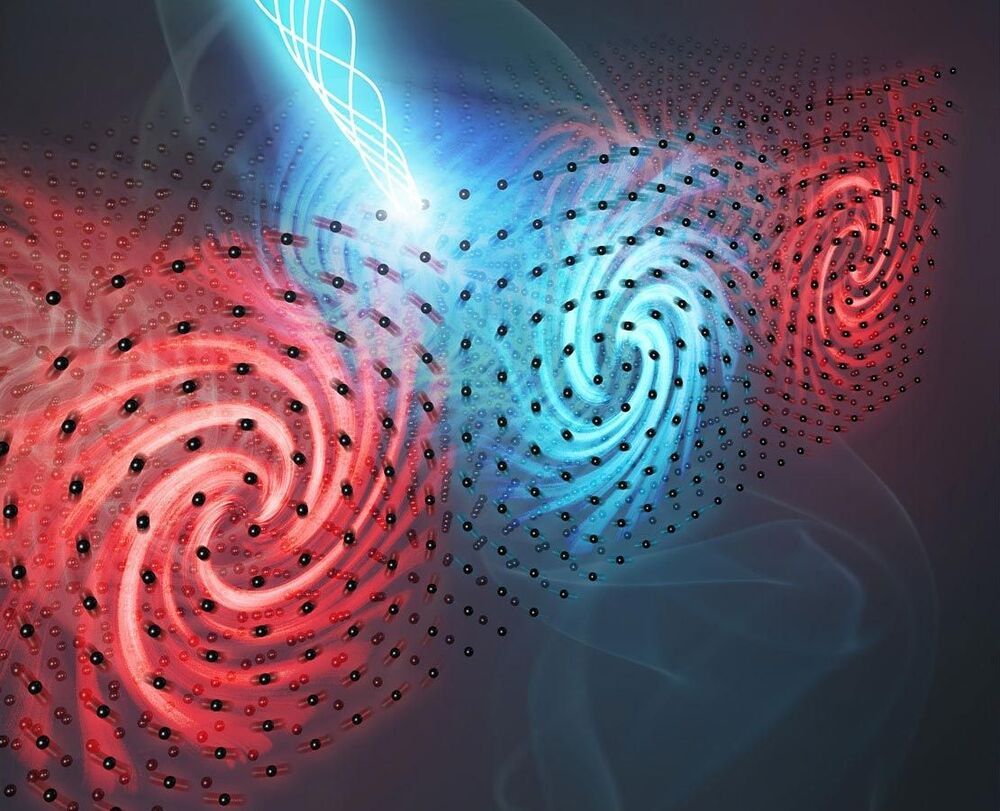Breakthrough in quantum chemistry has implications for quantum technology.
Quantum technology has a lot of promise, but several research barriers need to be overcome before it can be widely used. A team of US researchers has advanced the field another step, by bringing multiple molecules into a single quantum state at the same time.
A Bose-Einstein condensate is a state of matter that only occurs at very low temperatures – close to absolute zero. At this temperature, multiple particles can clump together and behave as though they were a single atom – something that could be useful in quantum technology. But while scientists have been able to get single atoms into this state for decades, they hadn’t yet achieved it with molecules.
“Atoms are simple spherical objects, whereas molecules can vibrate, rotate, carry small magnets,” says Cheng Chin, a professor of physics at the University of Chicago, US. “Because molecules can do so many different things, it makes them more useful, and at the same time much harder to control.”
